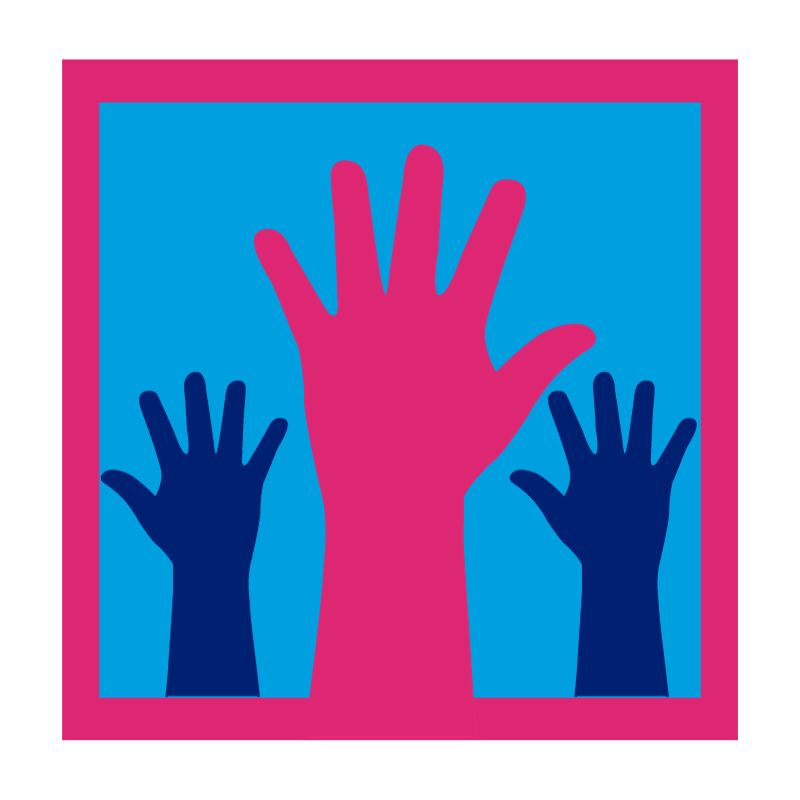How we got here
In autumn 2019, we responded to the MHCLG Consultation on the Future Delivery of Support to Victims and their Children in Accommodation-Based Domestic Abuse Services. It was clear that a statutory duty on accommodation alone would present a significant risk to those community-based services which may be deprioritised in order to fulfil a narrower statutory duty based only on refuge services. This could lead to victims facing a further postcode lottery for support, particularly those who require specialist support such as BME, LGBT+ and disabled groups. It also risks withdrawal of funding for perpetrator programmes, and services for child victims. Following this consultation, we launched #Invest2EndAbuse.
General Election 2019 campaign
In the lead up to the 2019 general election, we called upon candidates to pledge to #Invest2EndAbuse, asking them to ensure the full range of domestic abuse services will be fully funded if they are elected as an MP. You can see which candidates signed our pledge to invest in the full range of domestic abuse services.
Covid-19
Covid-19 left services across the country in need of emergency funds to just survive, let alone face the surge in demand that is started to appear. Covid-19 made it even more essential to guarantee funding to services, especially to smaller services that often serve the most marginalised communities.
We calculated that the government would need to guarantee £65 million to keep frontline services running in England and Wales. This does not factor in an increase in cases.
Why we need to #Invest2EndAbuse
Our 2019 Practitioner Survey found that adult and child victims face a postcode lottery in accessing specialist domestic abuse support.
- We are short of nearly 300 Idvas who are needed to support survivors who are at the most risk of serious harm or murder.
- For those victims and survivors who require early intervention or recovery support, outreach provision remains patchy and inconsistent.
- Specialist children’s support has been declining. Women’s Aid’s 2017 Annual Survey showing that the percentage of domestic abuse services providing dedicated support to children and young people fell from 62% in 2010 to 52%. See Women’s Aid recent 2023 Annual Audit for updated statistics.
- Young people experience some of the highest rates of domestic abuse, at high levels of severity. Despite this, almost one in five police force areas have no specialist support for young people experiencing domestic abuse.
- Fewer than 1% of perpetrators receive an intervention to change their behaviour.
- Our submission to the Government’s Comprehensive Spending review (CSR) demonstrates how we can tackle the human and financial impact of DA in a targeted and cost-effective way.
Action for Children’s 2019 report into children’s experiences of domestic abuse shows that every day nearly 700 children in England are being identified as experiencing domestic abuse at home. The report also finds barriers to accessing support in two-thirds of local authorities, with more than one in ten offering no support services for children at all. This highlights the stark need to invest in domestic abuse specialist services that will support the whole family, children included.
On 25 February 2020, Barnado’s released their report on the hidden impact of domestic abuse on children, finding the trauma can last long into adulthood. The report found half of the children needing support from children’s services had experienced domestic abuse in the home. It also found growing evidence of a link between children experiencing domestic abuse and then going on to be a young offender, with 25% of boys and 40% of girls in custody reporting violence at home. Barnardo’s found that although domestic abuse and the trauma it creates are the most common issue the charity’s frontline staff see within the families they work with, support services are in short supply. We saw this as further evidence that the Government needed to include a requirement in the then-Domestic Abuse Bill for local authorities to provide specialist services for the whole family, including child victims of domestic abuse.
 1 in 5
1 in 5